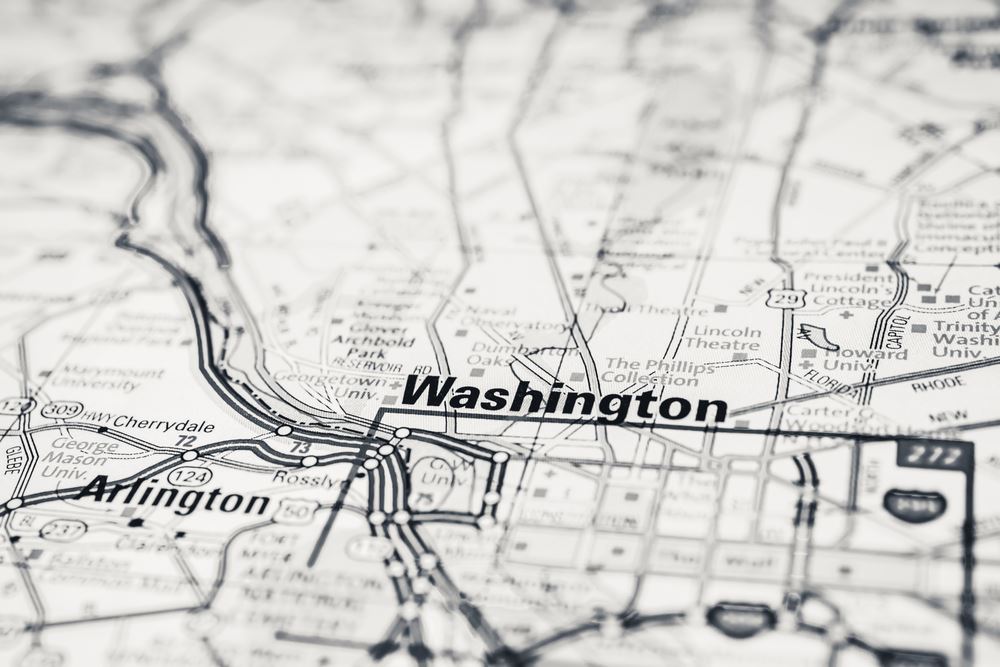Washington D.C.’s non-compete law has had a long journey. The process started in the pre-COVID-19 days. The original act—the Ban on Non-Compete Agreements Amendment Act of 2020—was passed in early 2021, and was set to be effective in March 2021. But this date was extended to allow for businesses to react and prepare. And in the past 18 months or so, the D.C. City Council made additional amendments.
The City Council finally passed the D.C. Non-Compete Clarification Amendment of 2022, which has been in effect since October 1, 2022. While the amendment softened the initial ban, D.C.’s final law still promotes employee mobility and makes it more difficult for an employer to enforce a non-compete. The final version also encourages narrow drafting and narrow agreements so that employees understand what they can and cannot do.
So What Does the New Law Do?
The short answer is, a lot. The law includes compensation thresholds, activity and geography limits, notice provisions, penalties, and carve-outs.
Does the New Law Prohibit Non-Competes for Anyone?
The new law prohibits non-compete agreements for broadcast employees, for individuals making less than $150,000, and for medical specialists making less than $250,000, with some caveats. For example, the definition of “employee” excludes “a casual babysitter.”
The compensation thresholds can include other compensation outside of a base salary (hourly wages, bonuses, cash incentives, commissions, overtime payments, vested stock, restricted stock units, and other payments). The compensation threshold is also tied to the Consumer Price Index starting on January 1, 2024.
Even if an employee meets the compensation threshold, there are additional requirements that must be met. The employee must work in the District more than 50% of the time or have employment based in the District, spend a substantial amount of time in the District, and not spend more than 50% of the time working for that employer in another jurisdiction. Prospective employees must reasonably anticipate that these factors will exist.
What Are the Other Requirements?
For employees who meet the compensation threshold, the law also includes other requirements. The non-compete period must be limited to 1 year for most employees and 2 years for medical specialists. The activity restriction must define the “functional scope,” which includes “what services, roles, industry, or competing entitles” for which the employee is restricted from performing work. And there must be a reasonable geographic limitation. The law also requires providing employees with 14 days’ notice.
What Are the Penalties?
There are penalties for violating the law. An employee may submit a complaint through the mayor’s office or file a private lawsuit, which can lead to administrative fines. The new law also includes an anti-retaliation provision.
Is Anything Excluded?
The law specifically excludes certain agreements. Confidentiality agreements, or documents that protect a company’s proprietary or key information, are excluded. Also exempted are buy-sell and related agreements that are used in the purchase of a business.
Similarly, employers can use agreements to limit an employee from working multiple jobs during their employment (depending on certain factors).
The law further excludes long-term incentive agreements, which are agreements providing an employee with “bonuses, equity compensation, stock options, restricted and unrestricted stock shares or units, performance stock shares or units, phantom stock shares, stock appreciation rights, and other performance driven incentives for individual or corporate achievements typically earned over more than one year.”
Final Thoughts
Despite the amendments to the original ban, D.C.’s revised non-compete law remains one of the most mobility-friendly laws in the country. It will make it easier for most employees to change jobs, while still allowing companies to protect key information and enforce confidentiality agreements for its highly compensated employees, who are the most likely to have proprietary information.
The legislation itself combines a high compensation threshold, limits the non-compete period, and includes a specific provision about the length of time an employee must work in D.C. The ultimate result should be a decrease in the prevalence of non-compete agreements for employees whom lawmakers have tried to exempt, and narrowly drafted agreements for the remaining categories of employees.

